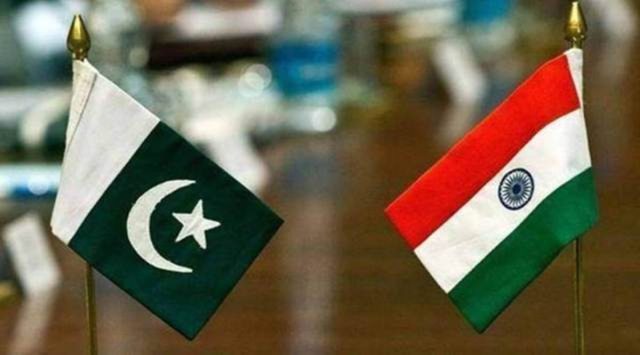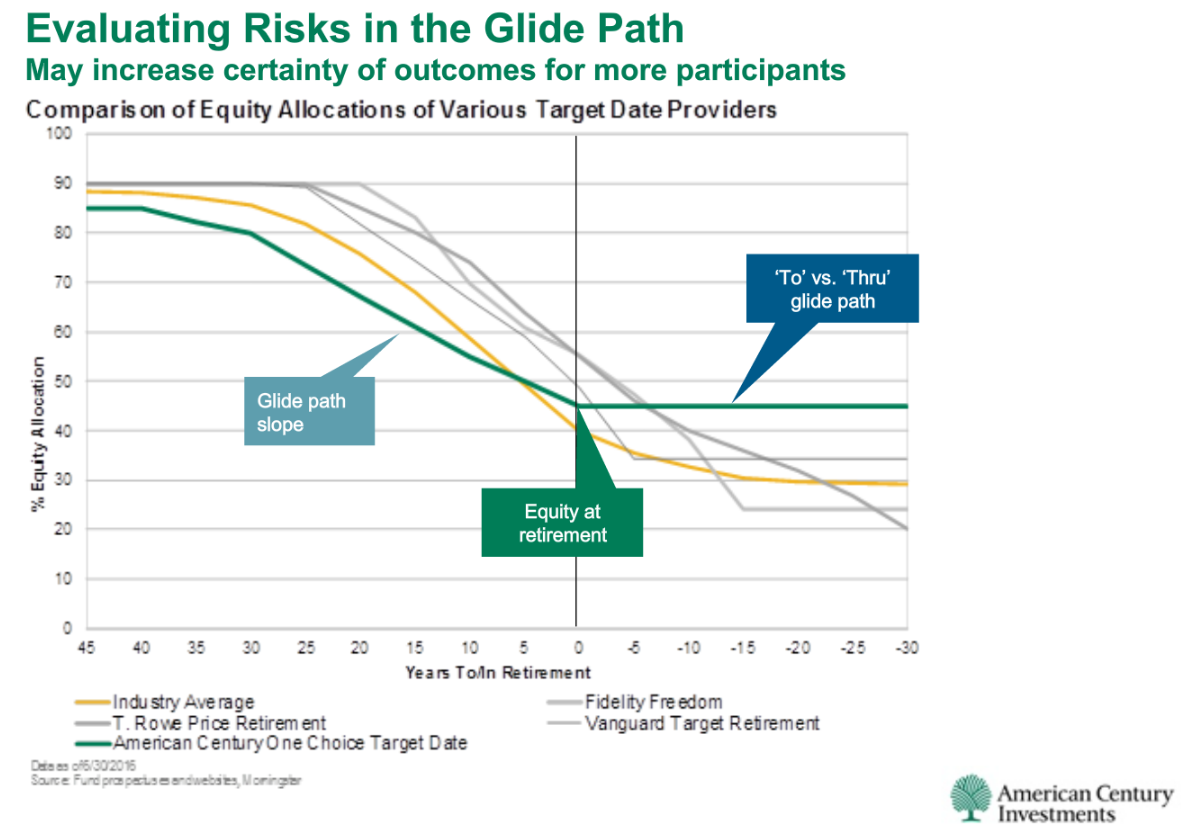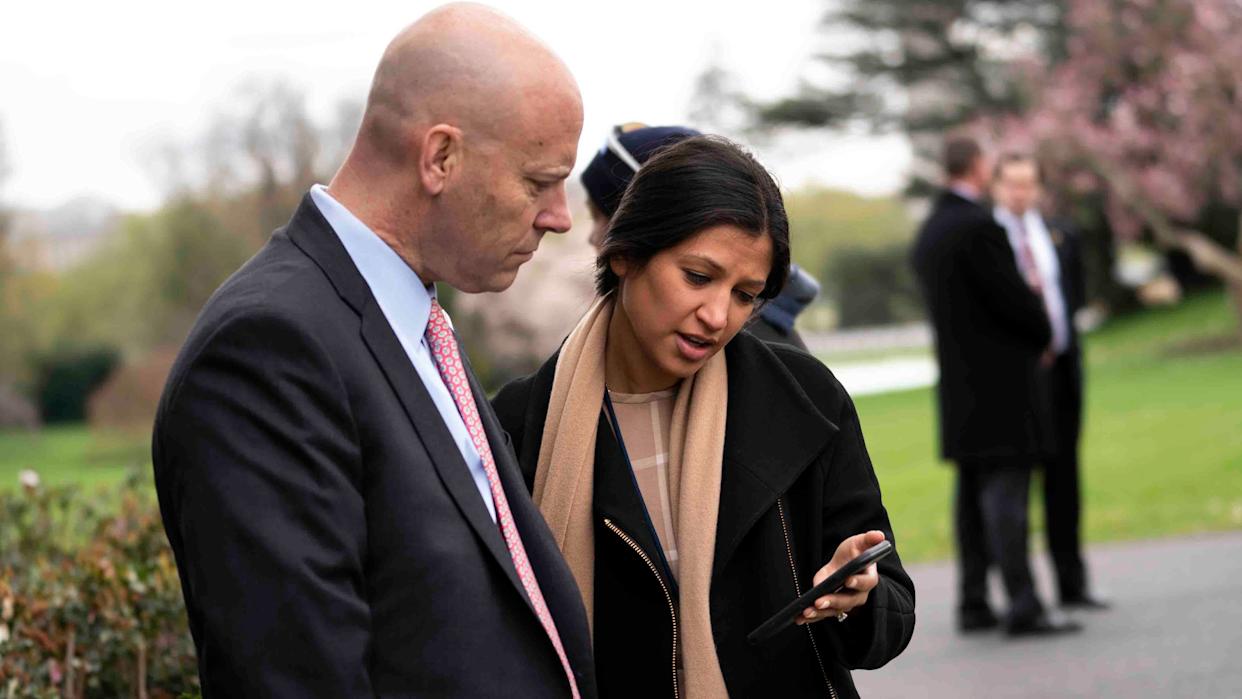Growing Indian Resistance To Trade With Pakistan, Turkey, And Azerbaijan

Table of Contents
Geopolitical Tensions and Security Concerns
The primary driver of Indian resistance to trade with these nations is rooted in deep-seated geopolitical tensions and significant security concerns.
The Kashmir Issue and Indo-Pak Relations
The unresolved Kashmir dispute casts a long shadow over any prospect of enhanced trade between India and Pakistan. This decades-old conflict continues to fuel instability and mistrust.
- Cross-border terrorism: Pakistan-based terrorist groups' activities against India remain a major obstacle, severely impacting bilateral relations and hindering economic cooperation.
- Military tensions: Frequent military escalations along the Line of Control (LoC) further exacerbate the situation, making a conducive environment for trade nearly impossible.
- Lack of trust: Deep-seated mistrust and lack of confidence between the two nations prevent the establishment of mutually beneficial trade agreements.
- Sanctions and trade restrictions: Both countries have imposed various sanctions and trade restrictions, limiting economic engagement despite occasional attempts at dialogue.
- Public opinion: A strong majority of the Indian public opposes increased trade with Pakistan until the Kashmir issue is definitively resolved, significantly influencing the government's stance.
Turkey's Stance on Kashmir and its Relations with Pakistan
Turkey's consistent support for Pakistan's position on Kashmir fuels significant concerns within India about its intentions and potential role in regional destabilization.
- Perceived bias against India: Turkey's perceived bias against India in various international forums further erodes trust and hampers efforts towards better economic relations.
- Growing Turkish influence in Pakistan: Concerns exist about Turkey's increasing economic and political influence in Pakistan, perceived as potentially undermining India's strategic interests.
- Increased scrutiny of Turkish investments: Indian authorities are increasingly scrutinizing Turkish investments, fearing potential security risks and indirect support for anti-India activities.
Azerbaijan's Balancing Act and Regional Dynamics
Azerbaijan's relationships with both India and Pakistan introduce complexities into the equation. Its strategic ties with Turkey and its growing energy partnerships with India create a delicate balancing act.
- Indirect benefits to Pakistan: India harbors concerns that increased trade with Azerbaijan could indirectly benefit Pakistan, given Azerbaijan's close relationship with Turkey and Pakistan's potential to leverage this connection.
- Need for transparency: India necessitates transparent and verifiable trade agreements with Azerbaijan to mitigate any potential security risks associated with indirect support for Pakistan.
Economic Factors and Trade Imbalances
Beyond geopolitical factors, economic concerns significantly contribute to Indian resistance to trade.
Concerns about Trade Deficits
Growing apprehension regarding widening trade deficits with Pakistan and Turkey is a major factor driving the resistance.
- Protectionist measures: India employs various protectionist measures to safeguard its domestic industries from unfair competition.
- Calls for equitable trade: There are strong calls for more equitable trade arrangements to prevent exploitation and ensure a level playing field.
- Effectiveness of FTAs: The effectiveness of free trade agreements (FTAs) in the context of existing geopolitical tensions is debated extensively.
Lack of Reciprocity and Fair Trade Practices
Concerns persist about unfair trade practices and a lack of reciprocity from Pakistan and Turkey.
- Dumping: Instances of dumping – selling goods below cost to gain market share – have fueled distrust and calls for stricter trade regulations.
- Transparency and accountability: Demands for greater transparency and accountability in trade relationships are paramount to building trust.
- Dispute resolution mechanisms: Robust mechanisms to effectively address trade disputes and unfair practices are crucial for fostering equitable trade relations.
Public Opinion and Domestic Politics
Domestic political dynamics and public opinion significantly influence Indian resistance to trade.
Nationalism and Anti-Pakistan Sentiment
Strong nationalist sentiment in India frequently translates into public opposition to increased trade with Pakistan, given the history of conflict and unresolved disputes.
- Public opinion polls: Public opinion polls consistently reflect overwhelmingly negative views on enhanced trade with Pakistan.
- Media narratives: Media narratives often fuel anti-Pakistan sentiment, further influencing public perception and government policy.
- Political influence: Political parties leverage public opinion on this issue, impacting policy decisions related to trade with Pakistan.
Growing Concerns about Chinese Influence
Concerns about China's increasing influence in both Pakistan and Turkey further contribute to resistance towards increased trade with these countries.
- Belt and Road Initiative: Concerns about China's Belt and Road Initiative (BRI) and its potential implications for India's security are significant.
- Strategic competition: The ongoing strategic competition between India and China impacts India's trade relations with countries closely aligned with China.
- Trade diversification: India is actively seeking to diversify its trade partnerships to reduce its dependence on China and mitigate potential risks.
Conclusion
The growing Indian resistance to trade with Pakistan, Turkey, and Azerbaijan is a complex issue with roots in geopolitical tensions, economic imbalances, and domestic political considerations. Addressing these challenges requires careful navigation of security concerns, promoting fair trade practices, and managing public perception effectively. Finding a balance between economic interests and strategic security objectives is a significant undertaking. Further research and open dialogue are crucial to understanding and potentially mitigating the factors contributing to this Indian Resistance to Trade, promoting regional stability, and fostering mutually beneficial economic relationships. Only through addressing these multifaceted issues can India hope to navigate its trade relations with these countries and achieve its economic goals.

Featured Posts
-
 Nyc Half Marathon Tens Of Thousands To Run Across Brooklyn Bridge
May 18, 2025
Nyc Half Marathon Tens Of Thousands To Run Across Brooklyn Bridge
May 18, 2025 -
 I Tzenifer Aniston Kai O Pentro Paskal Mazi Ti Synevi
May 18, 2025
I Tzenifer Aniston Kai O Pentro Paskal Mazi Ti Synevi
May 18, 2025 -
 Kim Kardashian And Bianca Censoris Alleged Plot Against Kanye West
May 18, 2025
Kim Kardashian And Bianca Censoris Alleged Plot Against Kanye West
May 18, 2025 -
 Rethinking Retirement Evaluating The Risks Of This New Investment Idea
May 18, 2025
Rethinking Retirement Evaluating The Risks Of This New Investment Idea
May 18, 2025 -
 Stephen Millers Potential National Security Role Strengths And Weaknesses
May 18, 2025
Stephen Millers Potential National Security Role Strengths And Weaknesses
May 18, 2025
